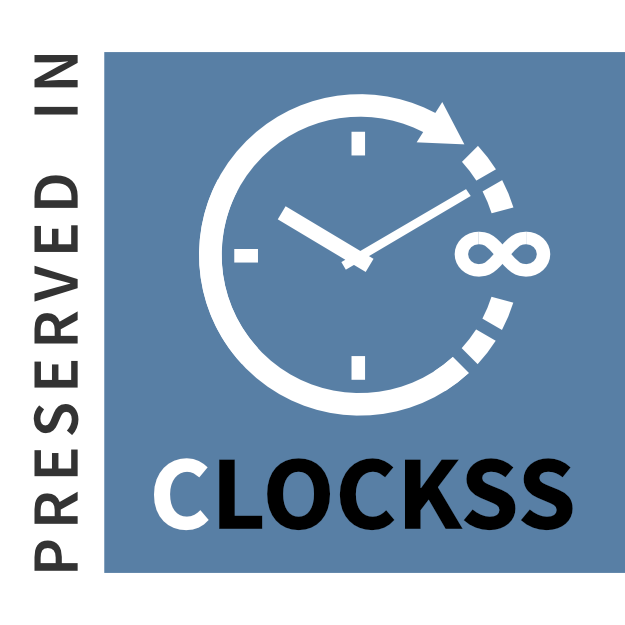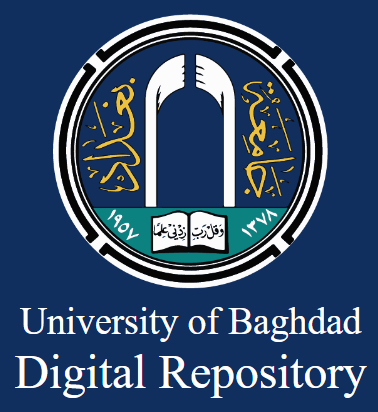The Self-Efficacy Level Among Musically Talented Students
DOI:
https://doi.org/10.35560/jcofarts107/201-216Keywords:
Self-Efficacy, Musically Talented, Music educationAbstract
This Study Aimed to Recognize the Self-Efficacy Level Among Musically Talented Students the sample of this study consisted of (85) Musically smart students male and female students in Irbid governorate, of the analytical descriptive method ، and the Self-Efficacy scale were used, and the results indicated the following:
-The Self-Efficacy level among Musically smart students was high.
-There are no statistically significant differences (α ≥ 0.05)due to the impact of gender in a the total degree .
-There are no statistically significant differences (α=0.05) due to the impact of stage in a the total degree.
References
Afacan, S., & Kaya, E. E. (2022). Investigating problem-solving skills of students having professional music training in terms of multiple variables. International Journal of Educational Methodology, 8(1), 117-127. https://doi.org/10.12973/ijem.8.1.117
Bandura, A. (1997). Self-efficacy: The exercise of control. New York: Freedom and Company.
Ceylan, H. C; Hardalaç, N; Kara, A. (2021). Automatic Music Genre Classification and Its Relationship with Music Education, World Journal of Education, 11 (2), 36-45 .
Ciftcibasi,C. (2020). Instrument performance self-efficacy perceptions of Music education students. Cypriot Journal of Educational Science. 16(3), 1204-1216. doi.org/10.18844/cjes.v16i3.5841.
Demir, E., & Çetin, F. (2022). Teachers’ self-efficacy beliefs regarding outof-school learning activities. International Journal of Curriculum and Instructional Studies, 12(1), 147-166. doi:10.31704/ijocis.2022.007.
Filippou, K (2019). Students’ Academic Self-efficacy in International Master’s Degree Programs in Finnish Universities. International Journal of Teaching and Learning in Higher Education,31(1), 86-95.
Hwang, S. (2020). The mediating effects of self-efficacy and classroom stress on professional development and student-centered instruction. International Journal of Instruction, 14(1), 1–16.
https://doi.org/10.29333/IJI.2021.1411A
Ivanovic, M; Sudzil, D. (2019), Social Influences and Development of Musical Preferences, Attitudes of Future Elementary School Teachers. Journal Plus Education, 23 , 71-80.
Juhart, P, B ; Kafol, B, S.(2021). Music Teachers' Perception of Music Teaching at the Stage of Early Adolescence. Center for Educational Policy Studies Journal, 11 (3), 97-118 .
Khalil, Inayat. (2014). Music education and its practical applications. Cairo: Ain al-Hayat for printing
Кudusheva, N., Amanova, I., Abisheva, E., Sabirova, Z., & Beisenova, Z., (2022). The development of individual self-efficiency among university students. Cypriot Journal of Educational Science. 17(2), 615-625. doi.org/10.18844/cjes.v17i2.6857.
Mawang. L.; Kigen, E.; Mutweleli, M. (2019). The relationship between musical self-concept and musical creativity among secondary school music. International Journal of Music Education; 37( 1), 78-90.
Mitchell, A. K. (2018). Seven Steps to Heaven: Time and Tide in 21st Century Contemporary Music Higher Education. Australian Journal of Teacher Education, 43(5),,60-77. DOI:10.14221/ajte.2018v43n5.5.
Mustafa, Kabatas(2021). Examination of the Music Lesson Behavior of Students Studying at Primary Education. Level Educational Research and Reviews, 16 (2 ) 40-50 .
MacAfeea, E & Comeaub,G. (2020). Exploring music performance anxiety, self-efficacy, performance quality, and behavioural anxiety within a self-modelling intervention for young musicians. Music Education Research,22(4),457-477.
Otacioglu, S. (2020). Analysis of Self-Esteem and Self-Efficacy Levels of Music Students. Educational Research and Reviews, 15(10), 628-631 .
Pajares, F. (2003). Self-efficacy beliefs, motivation, and achievement in writing: A review of the literature. Reading and Writing Quarterly, 19(2), 139–158. doi:10.1080/10573560308222.
Sahlawi, M (2017). The Role of Music Education in Addressing Aggressive Behavior in the School Environment - the Middle School stage. Educator Journal, 20, 80-99.
Senturk, G.C., & Bolek, A. (2019). Investigation of instrument self-efficacy of music teacher candidates. YYU Journal of Education Faculty 16(1), 1110-1135. doi.org/10.33711/yyuefd.661547
Wong, S., & Yang, Z. (2021). Seeing is believing: Examining self-efficacy and trait hope as moderators of youths’ positive risk-taking intention.Journal of Risk Research, 24(7), 819-832.
doi/abs/10.1080/13669877.2020.1750463.
Zain Alabdin. A. (2016). Awareness of the culture of enterpreneurship among the preparatory year students / King Saud University and attitudes towards it :an empirical study . Journal of Scientific Research in Education, 17(3), 623-654.
Zelenak, M. S. (2020). Developing Self-Efficacy to Improve Music Achievement. Music Educators Journal. 107 (2) 2, p42-50.
Downloads
Published
Issue
Section
License
Copyright (c) 2023 Khalid Abdallah Hammouri

This work is licensed under a Creative Commons Attribution 4.0 International License.













